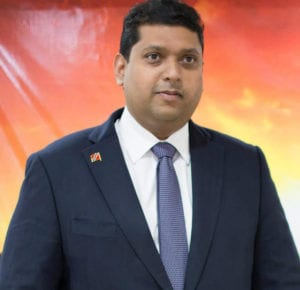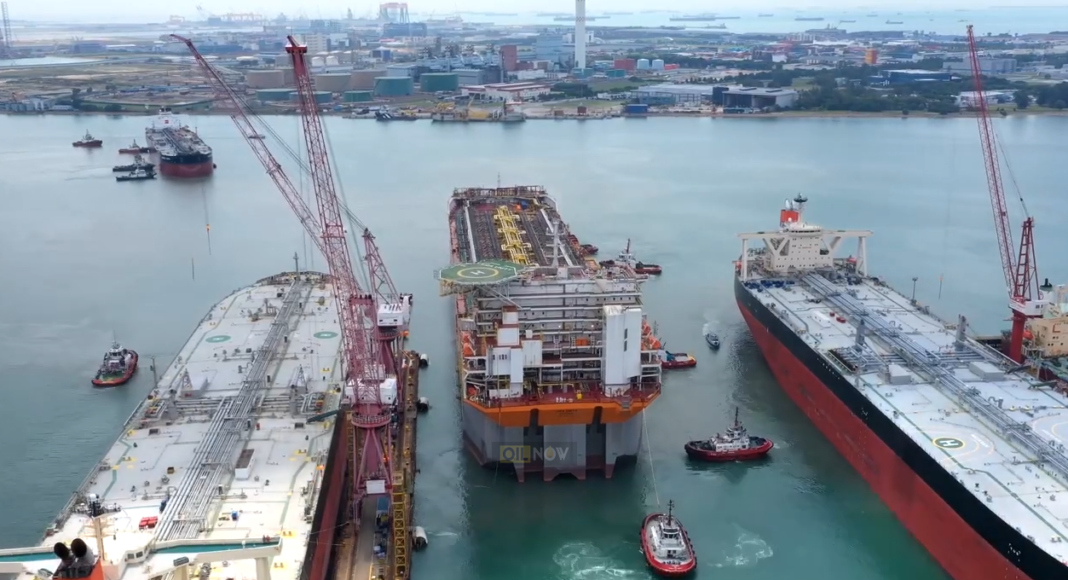By Kevin Ramnarine – OilNOW
Last Friday, in presenting its first quarter 2020 results, Exxon mentioned that the Payara project would be delayed by at most twelve months and the target of 750,000 barrels of oil per day (bopd) production for Guyana would not be realized in 2025 but in 2026. Of that 750,000 barrels of oil per day, Payara accounts for 220,000 bopd.

There is a quantifiable loss of value here considering the time value of money. All things being equal, a dollar earned in 2025 is more valuable than a dollar earned in 2026. Considering the nominal value of 220,000 bopd, that loss could run into the hundreds of millions of US dollars on a Net Present Value basis. In explaining the delay, Exxon said the “ongoing elections process and uncertainty around the next administration” had slowed approvals for the Payara Field Development Plan (FDP). This is very unfortunate given that hitherto, project sanction for Liza 1 and Liza 2 was in keeping with expected timelines.
It has been two months since the Guyana general election of March 2 and to date there has been no declared results. The situation in Guyana is worrying for all Guyanese, the Caribbean Community and it must be worrying for ExxonMobil, Hess and CNOOC. Political instability increases the risk profile of a country and leads to loss of investment. Capital flows to where it is most efficiently utilized.
The tabulation of votes in region 4 has been widely described as lacking transparency and credibility by a range of international organizations, foreign observers, and representatives of the United States. Sir Shridath Ramphal has warned that the country was faced with a choice between a good Guyana or a failed State. All these comments are painting one picture of what is really happening. The Caricom observer team is again in Guyana. There is now the added complication of Covid 19. On Friday, Caricom Chair, Prime Minister Mia Mottley reiterated the need for a “credible and transparent recount process”. One could only hope that no more obstacles are placed in the path of the recount process.
Unfortunately, this is the position Guyana finds itself in 2020. It is not a position many would have foreseen back in December when oil started to flow. Guyana is now a player on the world stage of oil and gas. Its every move in the oil business is followed internationally. In such a sphere, reputation, image, and adherence to the rule of law are critical. It is not a good sign that Guyana’s momentum has been diminished with the delay of the Payara project. There is a tremendous amount of work to do to organize the legislative, regulatory, and institutional aspects of the Guyanese oil industry. Getting that done requires that Guyana brings closure to the March 2020 election with a result that is credible and internationally acceptable.
The world is watching.
Kevin Ramnarine served as Minister of Energy and Energy Affairs of Trinidad and Tobago from June 2011 to September 2015. From May 2010 to June 2011, he served as Parliamentary Secretary in the Ministry of Energy and Energy Affairs of Trinidad and Tobago. He is currently a Lecturer at the Arthur Lok Jack Graduate School of Business in Trinidad and Tobago.



